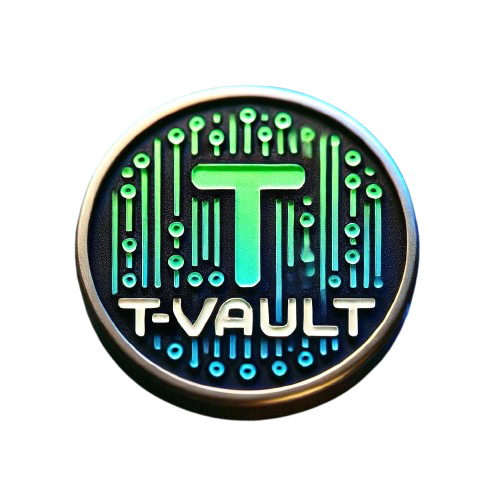You’re Being Watched
🚨 News flash: If you’re online, you’re being tracked. Your emails, messages, web searches, even the stuff you type and delete – governments and corporations are collecting it all.
You might think, ”I have nothing to hide”, but this isn’t about hiding—it’s about control. The world’s most powerful governments have built mass surveillance programs that don’t just monitor criminals—they monitor everyone.
When actors collect everything, it’s only a matter of time before it’s misused.
🚨 The Internet is Watching You – How We Have Killed Privacy
Let’s be real. The internet isn’t free—it comes with a hidden cost: your privacy. Every click, every search, every message you send—someone is tracking it, storing it, and possibly selling it.
And it’s not just governments spying on you. It’s Google, Facebook, Apple, Microsoft, Amazon, and all those ”free” apps you use daily.
If you still believe privacy isn’t dead, let’s take a step back and look at how surveillance has become the norm—and what we can actually do about it.
You might think, ”I have nothing to hide.” Cool. But here’s the thing: privacy isn’t about secrecy—it’s about control.
Mass surveillance is not just a conspiracy theory—it’s happening right now, in real-time.
Big Tech doesn’t give you control over your own data. Instead, it tracks, analyzes, and sells everything about you.
Google knows more about you than your best friend does. Your searches, your interests, your emails, your exact location history—it’s all being logged and used to predict your behavior.
Facebook scans your messages, tracks your likes, and builds detailed psychological profiles—not just for ads, but for governments, law enforcement, and election manipulation.
Amazon isn’t just an online store—it’s a surveillance empire. If you have Alexa, you’ve literally invited a microphone from a trillion-dollar company into your home.
Everything you do feeds their algorithms—which get better and better at predicting your thoughts, sometimes before you even realize them yourself.
Ever searched for something weird, then suddenly got ads for it everywhere? That’s not coincidence. That’s data harvesting on a massive scale.
Governments love to say, ”We need surveillance to stop criminals and terrorists.”
And sure, maybe they do. But let’s be honest—surveillance rarely stops at criminals.
Once governments gain the ability to track everyone, they never give it up.
The NSA’s PRISM program allows direct access to Google, Facebook, Apple, and Microsoft servers—meaning your emails, messages, and even deleted files can be accessed at any time.
The UK, Sweden, and most of the EU force telecom companies to store your calls, texts, and internet activity—even if you’ve done nothing wrong.
Russia, China, and other authoritarian regimes take it even further—using facial recognition, AI tracking, and internet censorship to control what their citizens can see, say, and do.
But here’s the kicker: surveillance always expands.
First, it’s ”just for terrorism.”
Then, it’s ”just for criminals.”
Then, it’s ”just to stop misinformation.”
Then, it’s for everyone.
It doesn’t matter if you live in the US, the EU, or anywhere else—governments don’t give up surveillance powers once they have them.
Why You Should Care (Even If You ”Have Nothing to Hide”)
”I have nothing to hide” is one of the most dangerous things you can believe.
Why? Because privacy isn’t about hiding—it’s about freedom.
🔴 Self-Censorship – If you know you’re being watched, you’ll think twice before speaking your mind.
🔴 Control Over Behavior – What happens when governments decide certain opinions are “dangerous” or “misinformation”?
🔴 Data Leaks & Hacks – Even if you trust your government, what happens when that data is hacked or leaked?
We already live in a world where:
- People get banned from platforms for political views.
- Facial recognition is used to identify and track protesters.
- AI-powered surveillance is being used to predict and influence public behavior.
If every move you make online is monitored, how long until that changes what you think, say, and do?
